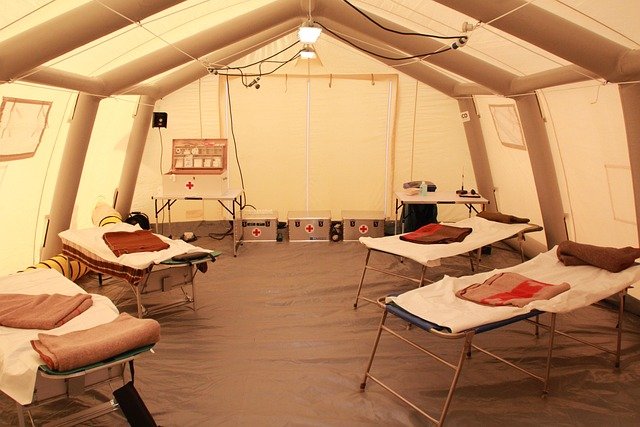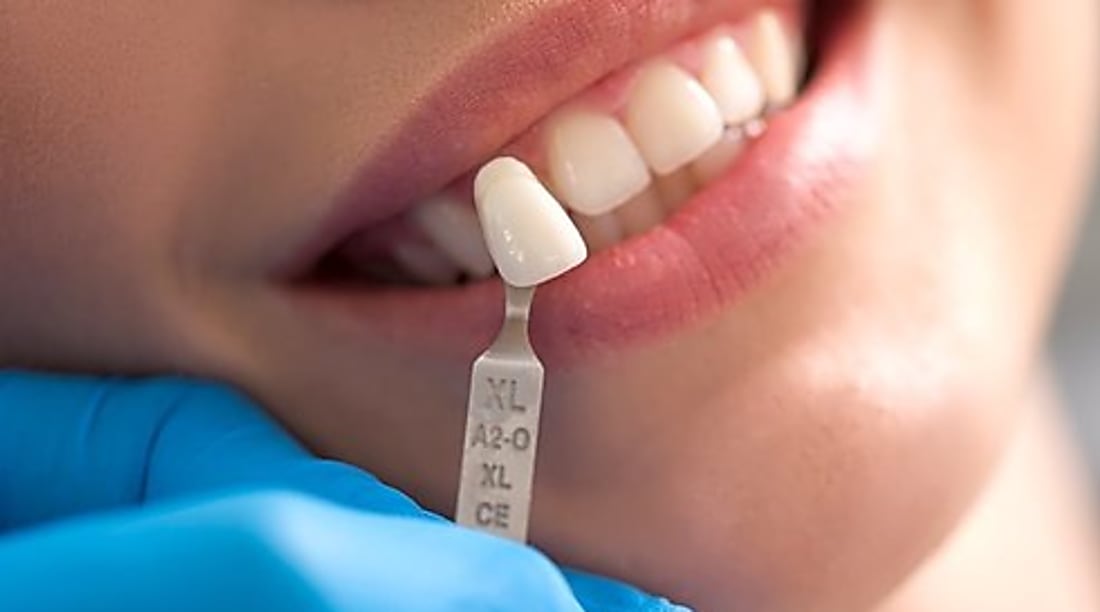Understanding Tinnitus: Causes, Effects, and Relief Methods
Tinnitus affects millions of people worldwide, who hear continuous, inaudible sounds. This complex auditory phenomenon can manifest as ringing, buzzing, hissing, or clicking sounds, originating not from an external source but from within the ear. Understanding tinnitus is the first step in managing its impact and improving the quality of life for sufferers, as it is often a source of considerable distress.

Tinnitus manifests as phantom sounds that only the affected person can hear, creating a unique challenge in both diagnosis and treatment. The condition stems from various underlying factors, including exposure to loud noises, ear infections, certain medications, and age-related hearing loss. Medical professionals classify tinnitus into two main categories: subjective tinnitus, which only the patient can hear, and objective tinnitus, which can be detected by healthcare providers during examination.
What Problems Can Tinnitus Cause?
The impact of tinnitus extends far beyond the auditory experience itself. Many individuals report significant sleep disturbances, as the persistent sounds become more noticeable in quiet environments. This sleep disruption creates a cascade of secondary effects, including daytime fatigue, difficulty concentrating, and reduced productivity at work or school. The constant presence of phantom sounds can also trigger anxiety and depression, particularly when individuals feel helpless about their condition. Social interactions may suffer as people struggle to follow conversations in noisy environments, leading to isolation and reduced quality of life.
Habits That Help Maintain Long-Term Ear and Hearing Health
Protecting your hearing requires consistent daily practices that reduce exposure to damaging factors. Using ear protection in loud environments, such as concerts, construction sites, or when operating power tools, significantly reduces the risk of noise-induced hearing damage. Maintaining proper ear hygiene without using cotton swabs deep in the ear canal helps prevent infections and wax impaction. Regular exercise improves blood circulation to the inner ear, supporting overall auditory health. Avoiding prolonged exposure to loud music through headphones and taking regular breaks during extended listening sessions protects delicate ear structures from damage.
Five Ways to Relieve Tinnitus
Sound therapy provides relief by masking tinnitus with external sounds, such as white noise machines, nature sounds, or specially designed tinnitus maskers. Stress management techniques, including meditation, deep breathing exercises, and progressive muscle relaxation, help reduce the intensity of tinnitus symptoms. Cognitive behavioral therapy teaches coping strategies and helps change negative thought patterns associated with tinnitus. Hearing aids can be beneficial for individuals with concurrent hearing loss, as improved hearing often reduces tinnitus perception. Lifestyle modifications, such as limiting caffeine and alcohol consumption, maintaining regular sleep schedules, and staying physically active, contribute to overall symptom management.
Natural Remedies and Medications for Tinnitus
Several natural approaches show promise in managing tinnitus symptoms. Ginkgo biloba supplements may improve blood circulation to the inner ear, though scientific evidence remains mixed. Zinc supplementation has shown benefits for individuals with zinc deficiency-related tinnitus. Acupuncture provides relief for some patients, particularly when combined with other treatment approaches. Magnesium supplements may help protect against noise-induced hearing damage and reduce tinnitus severity.
Medical treatments focus on addressing underlying conditions and managing symptoms. Antidepressants, particularly tricyclic antidepressants and selective serotonin reuptake inhibitors, may help reduce tinnitus-related distress. Anticonvulsants like gabapentin show promise in certain cases. Corticosteroids may be prescribed for sudden-onset tinnitus or when inflammation is suspected. However, no single medication works universally, and treatment plans must be individualized based on specific symptoms and underlying causes.
| Treatment Category | Provider/Product | Cost Estimation |
|---|---|---|
| Sound Therapy Devices | ReSound, Widex, Phonak | $1,500 - $4,000 |
| Cognitive Behavioral Therapy | Licensed Therapists | $100 - $200 per session |
| Hearing Aids | Audiologists, Hearing Centers | $1,000 - $6,000 per pair |
| Acupuncture Treatment | Licensed Acupuncturists | $75 - $150 per session |
| Tinnitus Retraining Therapy | Specialized Clinics | $2,000 - $5,000 total |
Prices, rates, or cost estimates mentioned in this article are based on the latest available information but may change over time. Independent research is advised before making financial decisions.
Foods That Can Relieve Tinnitus
Dietary choices play a significant role in managing tinnitus symptoms. Foods rich in antioxidants, such as berries, dark leafy greens, and colorful vegetables, help protect against cellular damage in the inner ear. Omega-3 fatty acids found in fish like salmon, mackerel, and sardines support healthy blood flow and may reduce inflammation. Magnesium-rich foods, including nuts, seeds, and whole grains, may help protect against noise-induced hearing damage. Potassium-rich foods like bananas, potatoes, and spinach support proper fluid balance in the inner ear.
Avoiding certain foods and substances can also provide relief. Limiting sodium intake helps prevent fluid retention that may worsen tinnitus symptoms. Reducing caffeine consumption, particularly in the evening, can improve sleep quality and reduce symptom intensity. Some individuals find that avoiding artificial sweeteners, particularly aspartame, helps reduce their tinnitus severity.
Managing tinnitus requires a comprehensive approach that combines medical treatment, lifestyle modifications, and ongoing support. While the condition can be challenging, many individuals successfully reduce their symptoms and improve their quality of life through consistent application of various relief methods. Working with healthcare professionals to develop personalized treatment plans ensures the most effective approach for individual circumstances and underlying causes.
This article is for informational purposes only and should not be considered medical advice. Please consult a qualified healthcare professional for personalized guidance and treatment.



